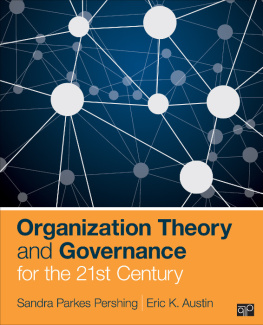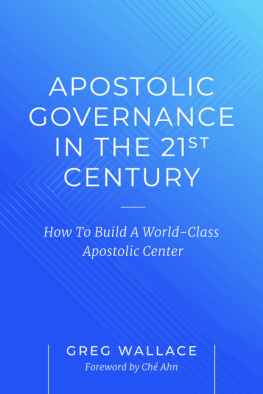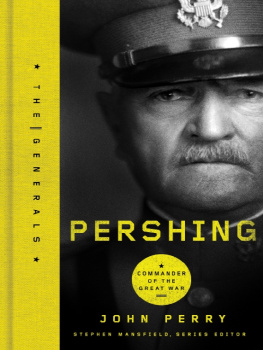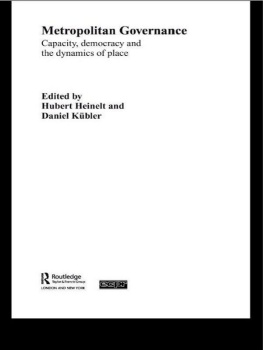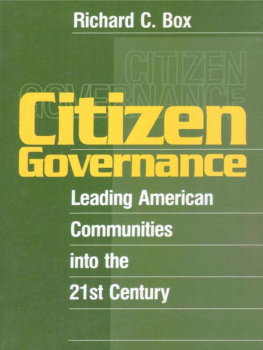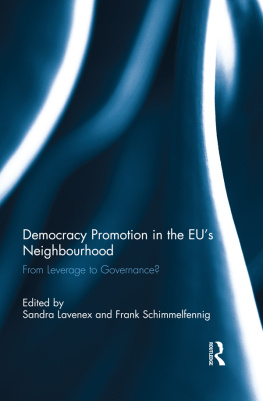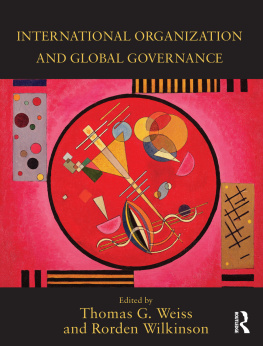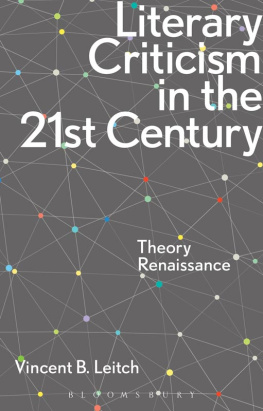
CQ Press, an imprint of SAGE, is the leading publisher of books, periodicals, and electronic products on American government and international affairs. CQ Press consistently ranks among the top commercial publishers in terms of quality, as evidenced by the numerous awards its products have won over the years. CQ Press owes its existence to Nelson Poynter, former publisher of the St. Petersburg Times, and his wife Henrietta, with whom he founded Congressional Quarterly in 1945. Poynter established CQ with the mission of promoting democracy through education and in 1975 founded the Modern Media Institute, renamed The Poynter Institute for Media Studies after his death. The Poynter Institute ( www.poynter.org ) is a nonprofit organization dedicated to training journalists and media leaders.
In 2008, CQ Press was acquired by SAGE, a leading international publisher of journals, books, and electronic media for academic, educational, and professional markets. Since 1965, SAGE has helped inform and educate a global community of scholars, practitioners, researchers, and students spanning a wide range of subject areas, including business, humanities, social sciences, and science, technology, and medicine. A privately owned corporation, SAGE has offices in Los Angeles, London, New Delhi, and Singapore, in addition to the Washington DC office of CQ Press.

Copyright 2015 by CQ Press, an Imprint of SAGE Publications, Inc. CQ Press is a registered trademark of Congressional Quarterly Inc.
All rights reserved. No part of this book may be reproduced or utilized in any form or by any means, electronic or mechanical, including photocopying, recording, or by any information storage and retrieval system, without permission in writing from the publisher.
Printed in the United States of America
Library of Congress Cataloging-in-Publication Data
Pershing, Sandra Parkes
Organization theory and governance for the 21st century / Sandra Parkes Pershing, Eric K. Austin, Montana State University, University of Utah.
pages cm
Includes index.
ISBN 978-1-60426-984-0 (pbk. : alk. paper)
1. Organizational sociology. 2. Organizational behavior. 3. Management. I. Austin, Eric K. II. Title.
HM786.P4357 2015
302.35dc23
This book is printed on acid-free paper.
14 15 16 17 18 10 9 8 7 6 5 4 3 2 1
FOR INFORMATION:
CQ Press
An Imprint of SAGE Publications, Inc.
2455 Teller Road
Thousand Oaks, California 91320
E-mail:
SAGE Publications Ltd.
1 Olivers Yard
55 City Road
London EC1Y 1SP
United Kingdom
SAGE Publications India Pvt. Ltd.
B 1/I 1 Mohan Cooperative Industrial Area
Mathura Road, New Delhi 110 044
India
SAGE Publications Asia-Pacific Pte. Ltd.
3 Church Street
#10-04 Samsung Hub
Singapore 049483
Acquisitions Editor: Sarah Calabi
Developmental Editor: Nancy Loh
Editorial Assistant: Davia Grant
Production Editor: Libby Larson
Copy Editor: Megan Markanich
Typesetter: C&M Digitals (P) Ltd.
Proofreader: Sally Jaskold
Indexer: Kathy Paparchontis
Cover Designer: Anupama Krishnan
Marketing Manager: Amy Whitaker
Foreword
O rganization theory is one of the most interesting, useful, and dynamic fields in the broader fields of public administration and its cousins in business, education, healthcare, and social work administration. No student of any form of administration should complete their degree without at least one course in organization theory. Yet many undergraduate and graduate students think about organization theory as a field that died or at least went dormant in the second half of the 20th century with giants such as Herbert Simon (1946), J. D. Thompson (1967), and Douglas McGregor (1957)if not all the way back in the eras of Max Weber (1922), Frederick Winslow Taylor (1911), and Luther Gulick (1937). Certainly no theories as old as these can be of more than historic interest in todays world of fluid, rapidly changing, and electronically connected organizations. Obviously, the authors of Organization Theory and Governance in the 21st Century, Sandra Pershing and Eric Austin, and I disagree.
Interestingly, the older organization theories remain vital and useful in todays world because of the solid understanding of organizations as stable institutions provided to us by the likes of Weber, Taylor, Gulick, Simon, Thompson, McGregor, and their contemporaries. They continue to serve as foundational models in theory and practice in different ways. Sometimes these early theories are useful as models of what might be or what might have been, while at other times they can provide a basis of comparison for more fluid alternative models of organizations that fit better with the current environment in the 21st century. In both instances, these legendary theories remain rock-solid points of departure for todays exciting, newly emerging organizational forms and functionsin practice as well as in theory.
Therefore, the early theories should not be ignored. Neither should they be used as constraints against trying creative new forms. Organizations are means, not ends. Organizations should be designed to serve people and societies. They are vehicles for accomplishing coordinated activities that lead to desired ends whether the ultimate end is profit, effective and efficient delivery of services, or enabling individuals to collectively challenge the status quo. Older notions of organizations need to be adapted to the times. As the title of John Meyer and Brian Rowans (1977) article aptly states: Institutionalized Organizations: Formal Structure as Myth and Ceremony. In many respects, the older theories are not much more than myths and artifacts. Certainly Max Weber never considered government agencies that deliver essentially all of their services through contracted nonprofit organizations. Whereas Chester Barnard (1938) focused on chief executives holding their organizations together by creating an environment or culture of cooperation and collaboration among employees, consider how different this challenge is when employees are only temporaryengaged only for the duration of a projectand are spread around the globe (DeSanctis & Fulk, 1999). They never meet in person, for relatively short periods of time, and only through electronic communication systems. What provides the basis for member collaboration or loyalty? I propose that it is often inaccurate to even use the word employee with many of todays organizations. It is completely misleading. Barnard provided the foundation, but it is also time for alternative theories.
Thus, new theories of organization that deal with todays world are needed and are emerging rapidly. New post-positivist theories are addressing types of issues the founding giants of organization theory could not possibly foresee. They are keeping organization theory interesting, useful, dynamicand relevantin the 21st century. Whereas J.D. Thompson (1967) is widely credited with introducing the notion of organizations as open systems, theorists today are wrestling with boundary-less organizations where organizations are integral elements of their community. Therefore, corporate social responsibility is an essential element of an organizations mission, purpose, and business modelnot a public relations ploy (Carroll & Buchholtz, 1989). Likewise, many nonprofit organizations today borrow their organizational models from the for-profit world of business but employ them for completely different purposes. They are not seeking profits as a business does but instead are seeking supplements for the inadequate charitable contributions needed to finance their public benefit works. This explains why over the past several decades organizational models have evolved that blend profitability from entrepreneurial ventures with social consciousness (Light, 2008).




